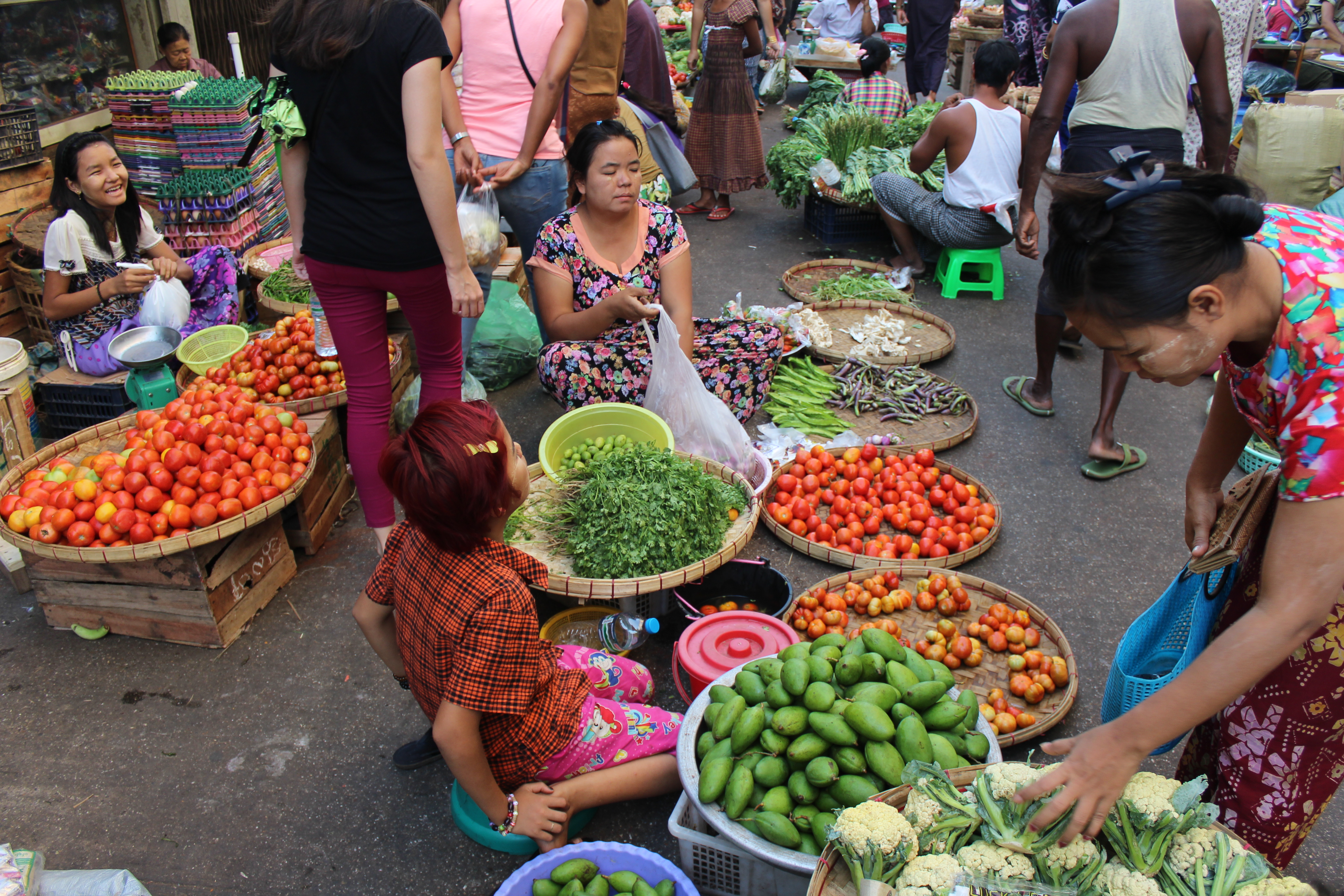About a year after formaldehyde was discovered in rice noodles and bean curd being sold at Yangon markets, the Food and Drug Administration (FDA) has announced that the use of the poisonous preservative has sharply declined.
Dr. Than Htut, the director-general of the FDA, told Eleven: “In March we examined 100 food samples and found only one or two of them contained formalin. This is a satisfying result. When we first tested in November, we found 14 to 15 samples out of 100 were contaminated with formalin. We will continue to hold surprise checks frequently.”
The FDA tested food sampled from markets in Thanlyin, Tamwe, and Insein townships. After finding formaldehyde in many of the samples, the Yangon City Development Committee, the Food Science and Technology Association and the FDA teamed up to educate food producers on the dangers of formaldehyde in October last year.
After the education period ended in November, and the authorities began a crackdown against the use of prohibited preservatives and chemicals, including formaldehyde, in food.
In July 2016, FDA officials took action against noodle producers who used formaldehyde as preservative by adding their names to a public shaming list.
Formaldehyde, also known as formalin, is widely used to preserve human bodies. It is sometimes misused as a preservative in tofu, noodles, seafood, milk, and dairy products.
The long-term or excessive consumption of Formaldehyde can cause severe stomachache, nausea, fainting, renal failure, and death. Inhaling of formaldehyde in its gaseous form can result in lung cancer, according to the FDA.





Reader Interactions